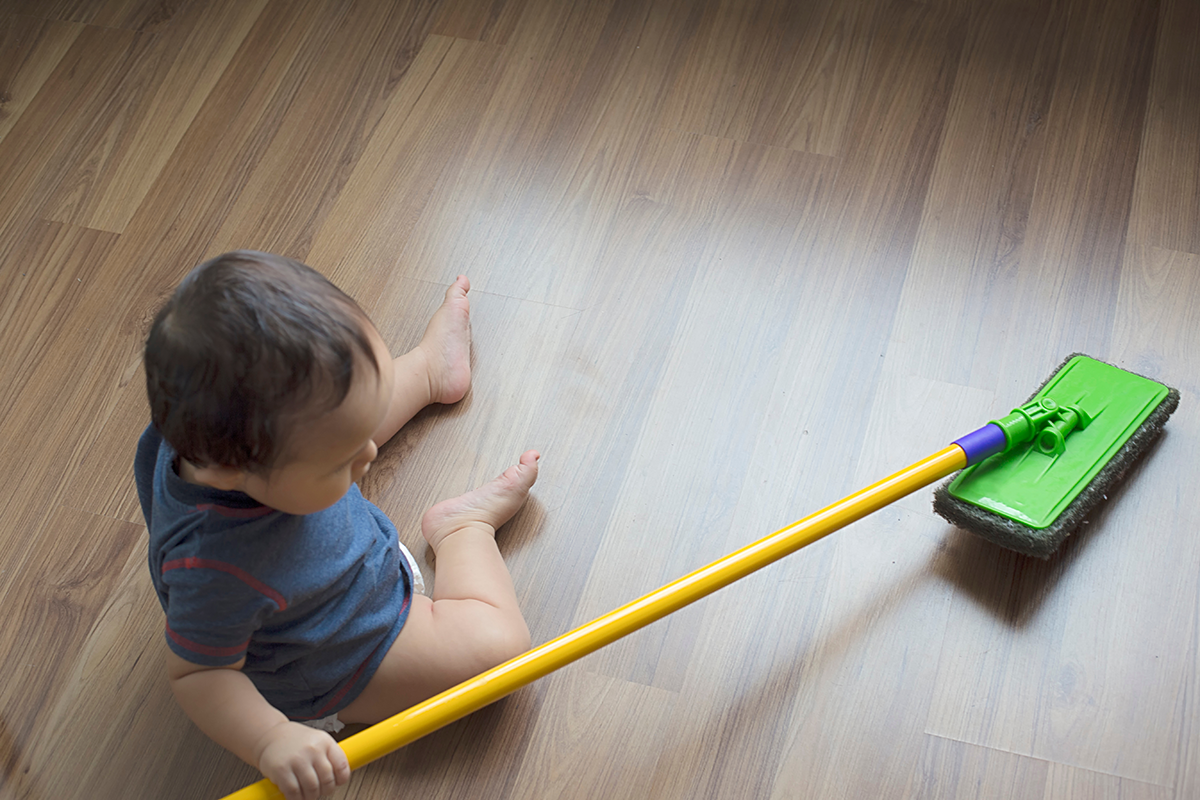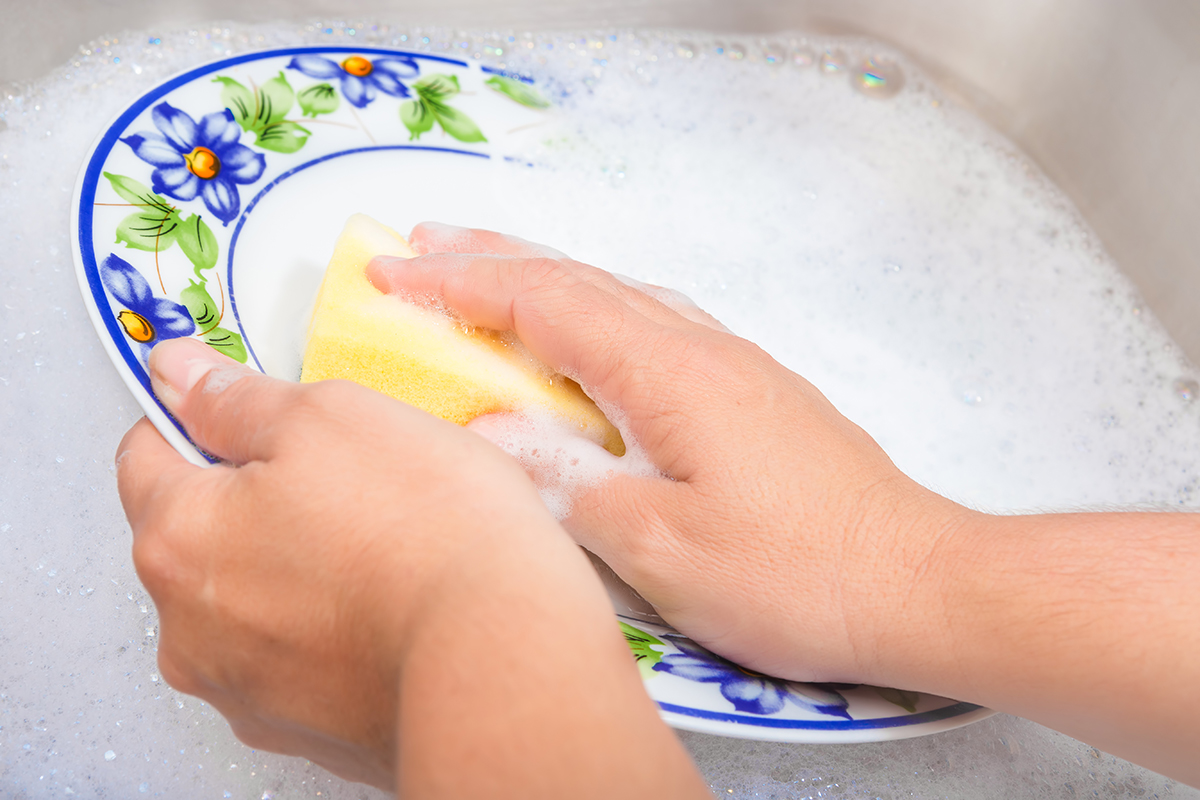 Aug
07
2018
Aug
07
2018
Different Types of Bed Linen and How to Clean Them
One of the best feelings in the world is crawling into a bed with freshly-washed sheets. But how do you know what type of sheets are best for you? There are so many different sizes, colours and materials to choose from, and all of them require slightly different washing and care. We’ve explored the six most-popular fabrics used to make bed linen, and given our tips for washing them.
How often should you wash your sheets?
We spend around a third of our life in bed. That’s roughly 56 hours of sweat, oil, and dead skin cells left behind in our bedding each week. So ideally, you should be aiming to wash your sheets at least once every two weeks, or every week if you can.
Tips for washing your sheets
Washing bedding is a little different to washing everyday clothing. Firstly, it is much bigger, so it’s important not to overload your washer. Make sure you separate your sheets from other laundry and don’t pack too many in a time, to ensure they’re able to circulate and wash properly. You should also avoid wrapping your sheets around the agitator in the middle of your machine, as this can cause wrinkling and even tearing in the sheets.
For a complete laundry guide, including everything you need to know about using your washing machine and dryer, check out this article.
Material types
Each linen type will be different when it comes to washer and temperature settings.
1. Cotton
Chances are your bed sheets are cotton. Cotton is the most-popular fabric used to make sheets and other bedding. It’s durable, affordable and easy to care for. Cotton sheets are generally safe to launder with any washing machine cycle and with regular laundry detergent, but it’s best to check the care label on your sheets for any specific instructions.
2. Silk
The cool, smooth texture of silk sheets mean they’re considered luxurious, indulgent and romantic. They’re also hypoallergenic, meaning silk is a good choice for people who are particularly susceptible to allergies from dust mites, pet hair, and dust. Silk is made from a soft fibre produced by silkworms and requires special care.
Ensure you use lukewarm water, a delicate, biodegradable laundry detergent, and have the washing machine set to the delicate wash cycle. To dry them, you should only spin through once, to preserve the integrity of the fabric. And keep the sheets away from direct sunlight to avoid fading.
3. Flannel
Flannel is the perfect sheet material for cold winter nights. It’s a type of cotton that’s been combed to cause the fibres to fluff, become soft and able to trap body heat. Flannel sheets should be washed on your machine’s gentle cycle, in cold water. This is because too much friction may cause the material to pile over time.
4. Polyester
Polyester is a cheap, man-made fibre and is generally mixed with another fibre. Polyester sheets are generally durable and stain resistant, but can feel itchy to some, which is why they’re often blended with cotton. 100% polyester sheets should be washed in warm (but not hot) water using a mild detergent.
5. Blends
Polyester and cotton is the most common blend available, but you might also find cotton and bamboo or cotton and rayon blends. Blended fabrics will usually include cotton, and are fairly cheap, so often used for children’s bedding. Cotton blend sheets should be washed using a mild detergent and lukewarm water, with the washer set to a gentle setting.
6. Bamboo
Pure bamboo can be made into a fabric, but typically if you find sheets that are labelled ‘bamboo’ they are actually ‘rayon’, which is a silky, soft and durable material. Rayon means the bamboo pulp has been through a chemical process whereby it’s dissolved, re-solidified and spun into a thread. These types of sheets are less environmentally-friendly than others, as the process of making the rayon involves harmful chemicals. Bamboo sheets are best washed in cold water and dried on a low heat.
Washing your sheets
If you wash your sheets regularly and on the right setting for the type of material, you’ll extend the life of your bedding. And if you’re looking for a laundry detergent that’s safe for your family and the environment, check out this natural laundry detergent from bio-home. Our pH-neutral formula is made from biodegradable and 100% plant-based ingredients, making it soft on your skin and helping to restore natural moisture.



